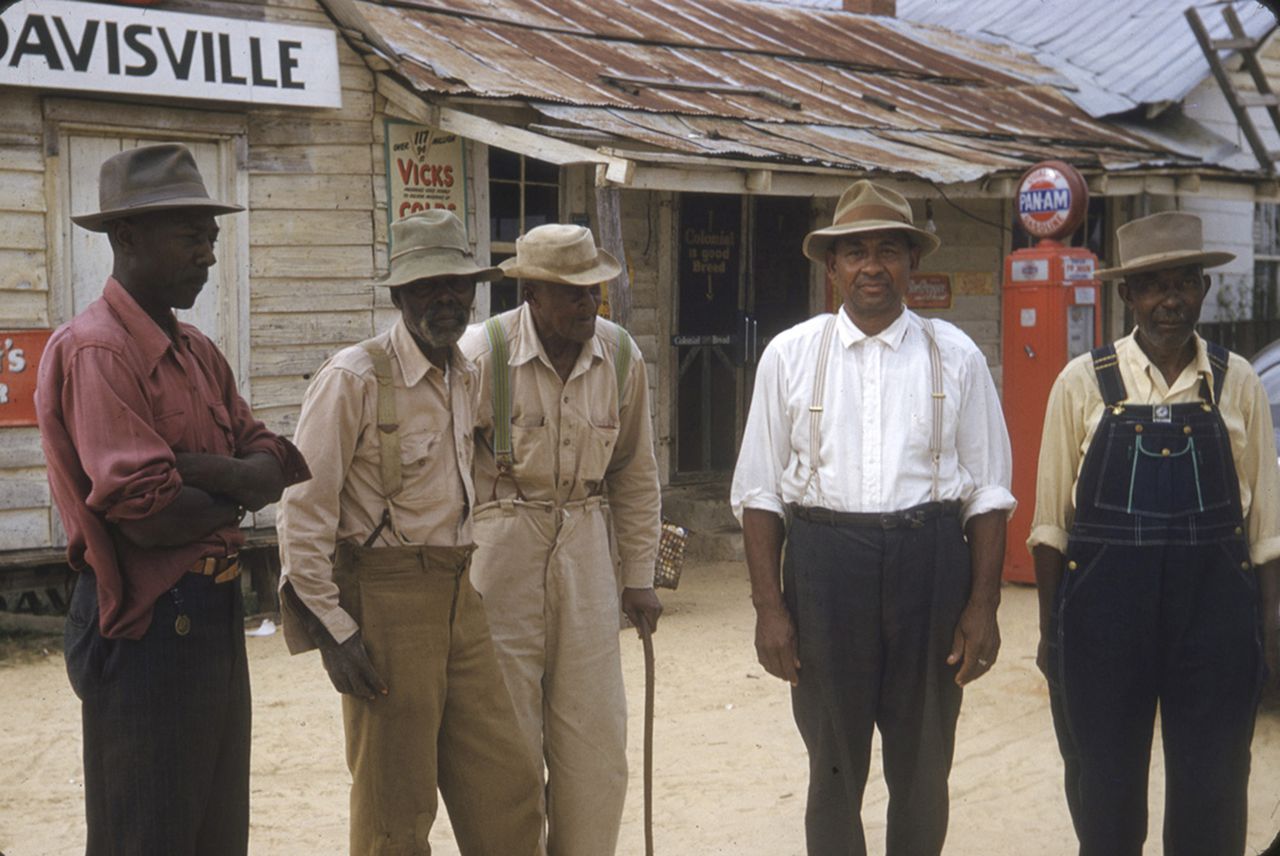Tuskegee forum to address medical trials and mistrust
Descendants of the Syphilis Study at Tuskegee and the great granddaughter a Black woman from Maryland, Henrietta Lacks, whose cells were used for science without her knowledge, are speaking at a conference at Tuskegee University this week on health research and reestablishing trust within the African American community.
The symposium, which runs Thursday and Friday, will include conversations between community members, scientists, doctors, and researchers. It also will include Veronica Robinson, the great-granddaughter of Lacks and Lillie Held, president of the Voices of Our Fathers Legacy Foundation, an organization focused on the legacy of the syphilis study.
Dr. Stephen Sodeke, a Bioethicist at Tuskegee University said one goal of the symposium is to increase participation among African Americans in clinical research so that treatments can be improved and tailored to them.
“We needed to find people who are the embodiments of what happened in the past and include them in the conversation,” he said.
Part of that past was a study the U. S. Public Health Service began in 1932 on syphilis with 600 Black men who were told they were being treated for “bad blood.” Of those 399 of the men had syphilis and 201 did not. Their informed consent was not given for the study and were not offered penicillin once it was available. Many of the men died of syphilis or related health issues and many passed the disease on to their families.
The study ended in 1972 and the next year a committee called the Tuskegee study “ethically unjustified.” That led to the federal government providing healthcare for the men and their families, the settlement of a lawsuit, and a formal apology from President Bill Clinton in 1997.
Henrietta Lacks was a mother of five who underwent treatment for cervical cancer at John Hopkins University in 1951. Without her knowledge, the school took samples of her malignant tumor and used her cells, which had an extraordinary and unusual capacity for replication, for medical research worldwide. Lack’s cells are nicknamed “HeLa” cells and they have been used to test radiation, study the human genome and develop COVID-19 vaccines, according to the university.
The symposium is organized by the All of Us Research Program, a national group focused on expanding medical research data collection. It will be held at Bethel Missionary Baptist Church in Tuskegee.
According to the Association of American Medical Colleges, Blacks make up just 5 percent of participants in medical trials in the U.S.
“If one decides to not just help oneself, but to help generations to come, we need to step up and choose to be counted because we count too,” said Dr. Sodeke.
The aim of the symposium is to learn from community members any concerns they have about participating in medical trials and to reassure them of the safeguards for participants that are put in place by the federal government.
Held and Robinson will speak 6 p.m. to 8 p.m. on Thursday, February 9. On Friday, researchers and community leaders and members will hold three panels from 10 a.m. to 2:15 p.m. focused on history, medical research, and collaboration.
Sodeke said he hopes the conversations will help spur other efforts around addressing hesitation in the participation of trials.
“I say the best place to start is where we are. Chances are that some of the strategies that work here in efforts to improve the participation of African Americans or Black people in clinical trials can work elsewhere, particularly in other minority communities facing similar challenges.”
